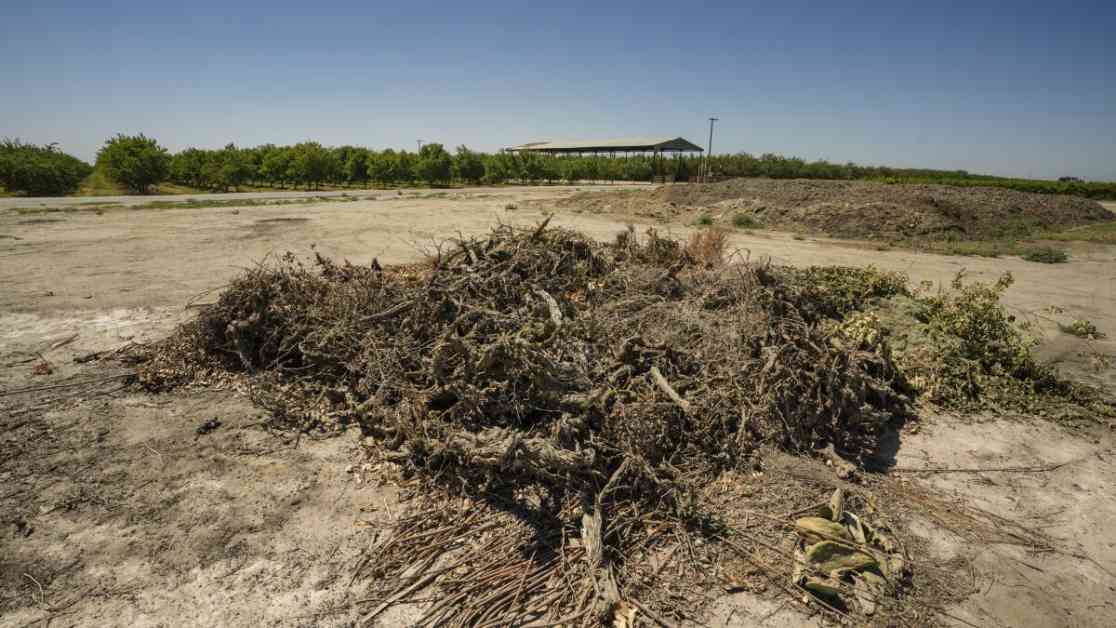San Joaquin Valley Implements Ban on Agricultural Burning
San Joaquin Valley farmers are now facing a ban on burning agricultural waste in the field as part of a legislative mandate to improve air quality. The ban marks a significant shift for the region, known for its high levels of ozone and particulate pollution. This move comes after years of efforts to reduce open burns due to concerns about respiratory illnesses and other health issues associated with poor air quality.
The Road to Implementing the Burning Ban
The ban stems from Senate Bill 705, signed in 2003, with the goal of phasing out agricultural burning in the San Joaquin Valley by 2010. Despite multiple extensions granted by the state Air Resources Board, the local air district and the board finally agreed in 2021 to begin a gradual phase-in of the ban, starting with larger farm operations. The ultimate goal is a near-complete ban by January 1, 2025.
Impact on Growers and Alternative Solutions
Historically, San Joaquin Valley growers burned over 1 million tons of agricultural waste annually, contributing to poor air quality. The ban has forced growers to find alternative methods of waste disposal, with some expressing concerns about the increased costs and inconvenience. Organizations like the Ag Burn Alternatives Grant Program have been instrumental in helping offset these costs, but growers worry about the future once the grant funding runs out.
Reflections on the Transition
Former state Sen. Dean Florez, who authored the legislation, highlighted the importance of compromise and patience in achieving sustainable progress. While the transition has not been easy for growers, the long-term benefits to air quality and public health are significant. Experts emphasize the importance of prioritizing environmental concerns over short-term costs, recognizing the impact on both industry and community health.
The ban on agricultural burning in San Joaquin Valley represents a crucial step towards improving air quality and protecting public health. While the transition may pose challenges for growers, the long-term benefits of cleaner air and reduced health risks are invaluable. As the region continues to adapt to these changes, collaboration between stakeholders and ongoing support for alternative solutions will be essential in ensuring a sustainable future for agriculture in the San Joaquin Valley.





















